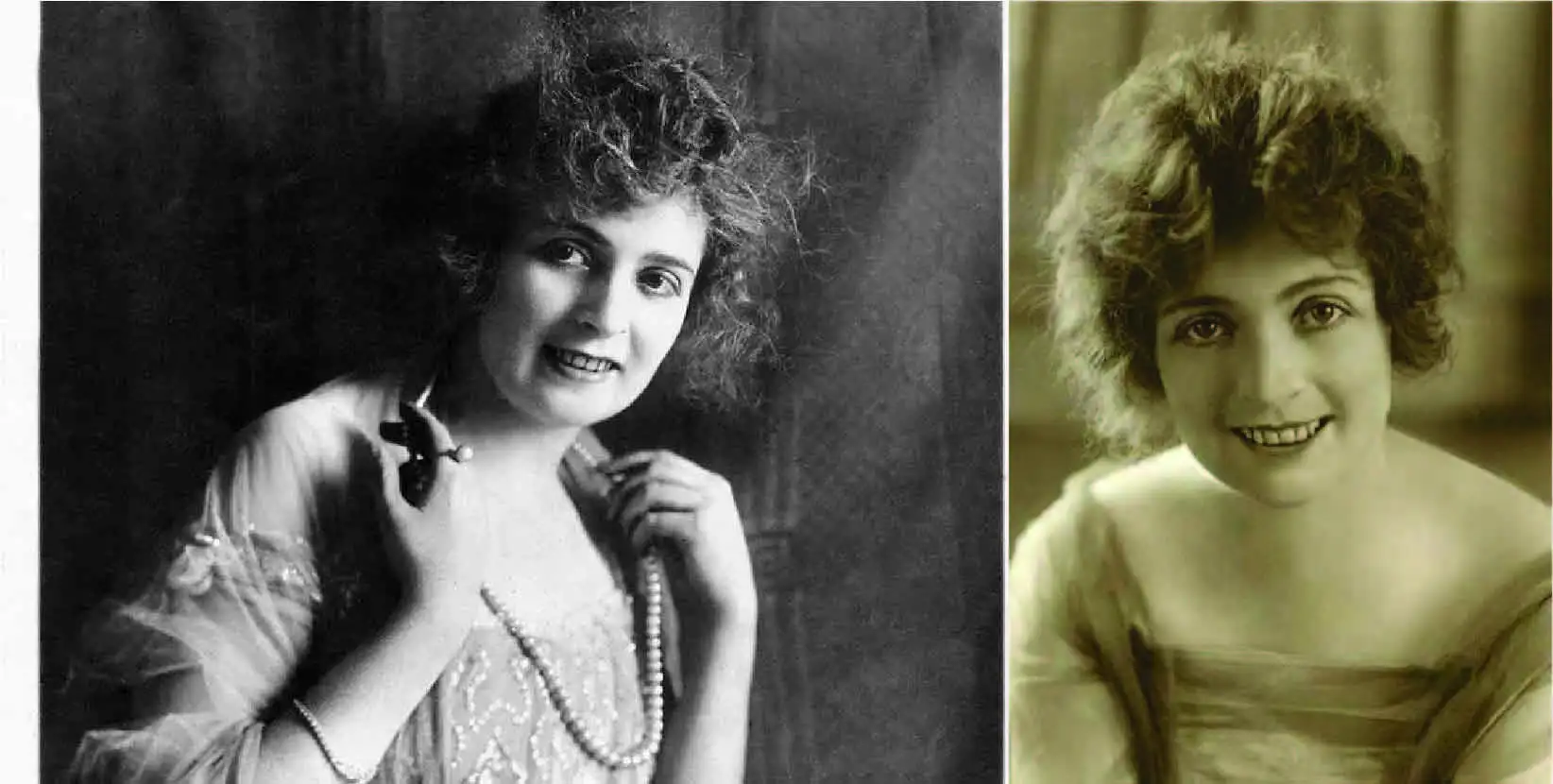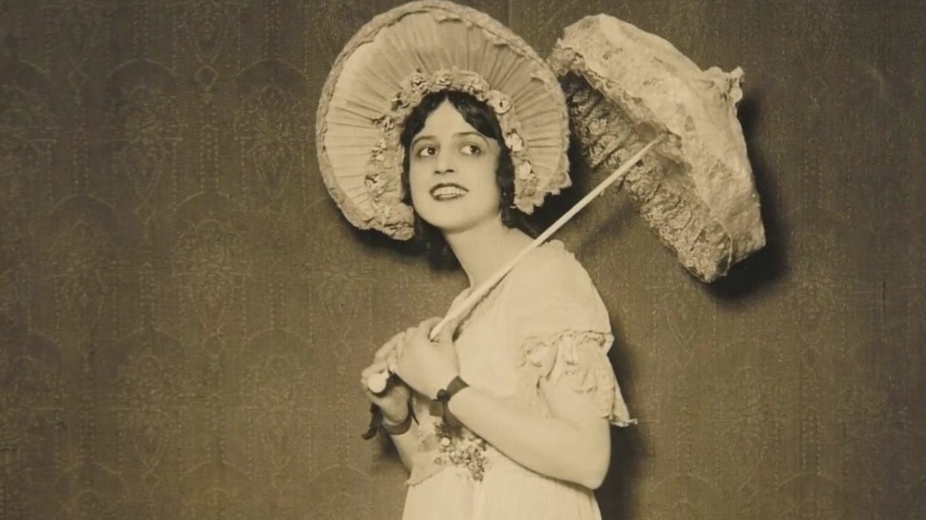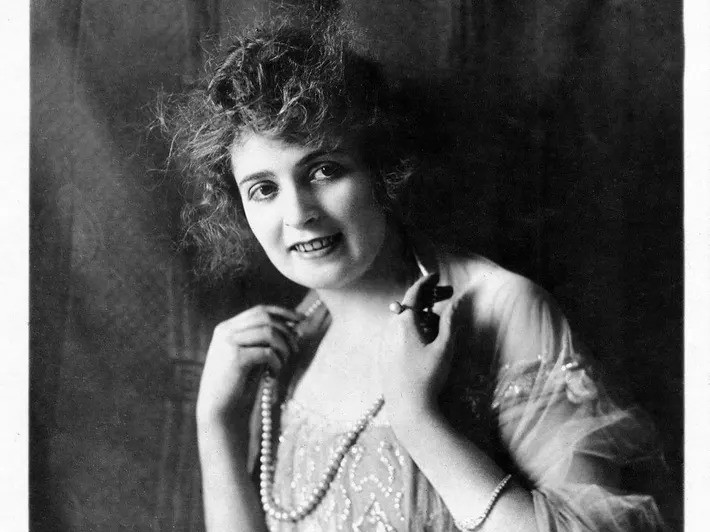The story of Myrtle Gonzalez, although perhaps not as widely recognized as some of her contemporaries, remains an essential chapter in the annals of early 20th-century American culture and entertainment. Her journey from a young hopeful in the burgeoning film industry to becoming one of its luminous stars offers a fascinating glimpse into the silent film era and the complexities of an artist’s life during those formative years. This article aims to delve deep into the life of Myrtle Gonzalez, exploring her wealth, personal beliefs, and the enduring legacy she left behind.
Early Life and Rise to Stardom
Born in Los Angeles, California, in 1891, Myrtle Gonzalez was resilient and ambitious from a young age. She grew up in a time of rapid technological and cultural changes, undoubtedly influencing her aspirations. Gonzalez’s foray into the entertainment industry began on the stage, a common starting point for many actors of her time, before leaping into the developing world of cinema. Her transition was not merely a change of medium but a pioneering move that would see her become one of the first Latina actresses to gain prominence in Hollywood.
Gonzalez’s appeal was not just in her talent but also in her unique ability to portray strong, independent women on screen, a rarity in an era when female roles were often limited and stereotypical. Her filmography includes over 80 films, with titles like “The Girl from the North” and “Hearts and Flowers” showcasing her range and depth as an actress. These performances didn’t just entertain; they subtly challenged the norms of her time, making her a silent advocate for women’s evolving societal roles.
Wealth and Lifestyle
While exact figures are hard to come by, Gonzalez’s success in the film industry undoubtedly afforded her a lifestyle far removed from the average American of her time. Her wealth allowed her a degree of autonomy and influence, rare for women in the early 1900s. She was known for her elegant Los Angeles home, which became a social hub for the city’s burgeoning film community.
However, Gonzalez’s lifestyle was not merely an exhibition of wealth but a testament to her belief in the power of art and culture. She invested in her passions, supporting local artists and advocating for the development of the film industry as a legitimate and vital cultural institution.
Personal Beliefs and Activism
Myrtle Gonzalez held progressive views for her time, influenced by the cultural melting pot of early 20th-century Los Angeles and her experiences as a woman in a male-dominated industry. She was a proponent of women’s rights, using her platform to advocate for more excellent representation and opportunities for women in cinema, both in front of and behind the camera.
Moreover, Gonzalez was known for her commitment to community service, participating in various charitable activities and organizations. Her philanthropy was not just monetary; she dedicated her time and energy to causes she believed in, demonstrating a deep sense of social responsibility that transcended her on-screen persona.

Pioneering Latina Presence in Hollywood
Myrtle Gonzalez’s significance in the early Hollywood landscape extends beyond her prolific output; she stood as a beacon of representation for the Latino community when such presence on the silver screen was exceedingly rare. Her heritage and success challenged the industry’s narrowcasting practices and opened doors for future generations of Latino actors and actresses. Gonzalez’s career is an early example of breaking racial and cultural barriers, demonstrating the universal appeal of talent over ethnicity. Her ability to navigate these challenges and still emerge as a beloved figure highlights the changing attitudes towards diversity in entertainment, albeit slowly, that we continue to grapple with today.
Advocacy for Women in the Arts
Beyond her cinematic achievements, Gonzalez was deeply involved in advocating for women’s rights and representation in the arts. Her experiences in a male-dominated industry informed her advocacy, pushing for equitable treatment and opportunities for women. This aspect of her legacy is particularly poignant, as it ties into broader movements for gender equality within and outside the entertainment industry. Gonzalez’s efforts remind us that the fight for equality in Hollywood is part of a larger historical continuum, where each contribution lays the groundwork for future advancements.
Contribution to the Silent Film Era
Gonzalez’s contribution to the silent film era was significant in terms of volume and the quality and diversity of roles she portrayed. She was a versatile actress who brought depth and nuance to her characters, contributing to the evolution of film as an art form. Her performances helped elevate the silent film medium, proving it could explore complex themes and emotions without speaking dialogue. This period of her career is a testament to the silent era’s creativity and innovation, which laid the foundational techniques and storytelling methods still used in cinema today.

Philanthropic Efforts and Community Impact
Myrtle Gonzalez’s philanthropic work and impact on her community highlight a facet of her legacy beyond her on-screen achievements. Her engagement in charitable causes and efforts to improve the lives of those around her reflect a deep commitment to social responsibility. This aspect of her life underscores the potential of individuals in the public eye to effect positive change, using their influence to advocate for and support meaningful causes. Her example inspires actors and public figures to leverage their platforms for the greater good, a principle that remains relevant in today’s celebrity culture.
Enduring Influence on Modern Cinema
The enduring influence of Myrtle Gonzalez on modern cinema can be seen in the ongoing efforts to diversify storytelling and castings in Hollywood. Her early success as a Latina actress challenges current filmmakers and studios to continue pushing the boundaries of representation and inclusivity. Gonzalez’s legacy is a reminder that diversity on screen enriches narratives and reflects the multifaceted reality of audiences, contributing to a more vibrant and relatable cinematic experience. Her pioneering spirit lives on in the work of contemporary actors and filmmakers who strive to tell diverse stories and portray a wide array of perspectives.
Remembering Myrtle Gonzalez Today
In remembering Myrtle Gonzalez today, we celebrate not only an accomplished actress of the silent film era but also a trailblazer for women and minorities in entertainment. Her life and career offer valuable lessons on resilience, talent, and the power of advocacy. As we reflect on her contributions, we are reminded of the importance of preserving and honoring the legacies of those who paved the way for the freedoms and opportunities artists enjoy today. Gonzalez’s story is a beacon of inspiration, encouraging current and future generations to pursue their passions with determination and use their talents and platforms to impact the world positively.

Legacy
Myrtle Gonzalez’s legacy is multifaceted, reflecting the various roles she played throughout her life—actress, activist, and philanthropist. Though her life was tragically cut short at the age of 27 due to the influenza pandemic of 1918, her impact on the film industry and beyond has endured.
Today, Gonzalez is remembered not just for her pioneering work in cinema but also for her contributions to the early feminist movement and her efforts to improve the lives of those less fortunate. She paved the way for future generations of women in entertainment, demonstrating that breaking the mold and succeeding on one’s terms was possible.
Moreover, her story reminds us of the importance of representation in media. As one of the first Latinas to achieve fame in Hollywood, Gonzalez helped lay the groundwork for more diverse and inclusive storytelling in cinema, a legacy that filmmakers continue to build upon today.
Conclusion
Myrtle Gonzalez’s life story is a testament to the power of resilience, talent, and conviction. From her early days on the stage to her pioneering work in silent films, Gonzalez blazed a trail for women in the arts, advocating for their rights and representation in an industry and society that often sought to marginalize them. Her wealth enabled her to live a life of influence and philanthropy, but her beliefs and actions truly defined her legacy. This legacy continues to inspire and resonate with audiences and activists alike. In remembering Myrtle Gonzalez, we celebrate not just a star of silent cinema but also a visionary who believed in the transformative power of art and the importance of giving back to one’s community.

